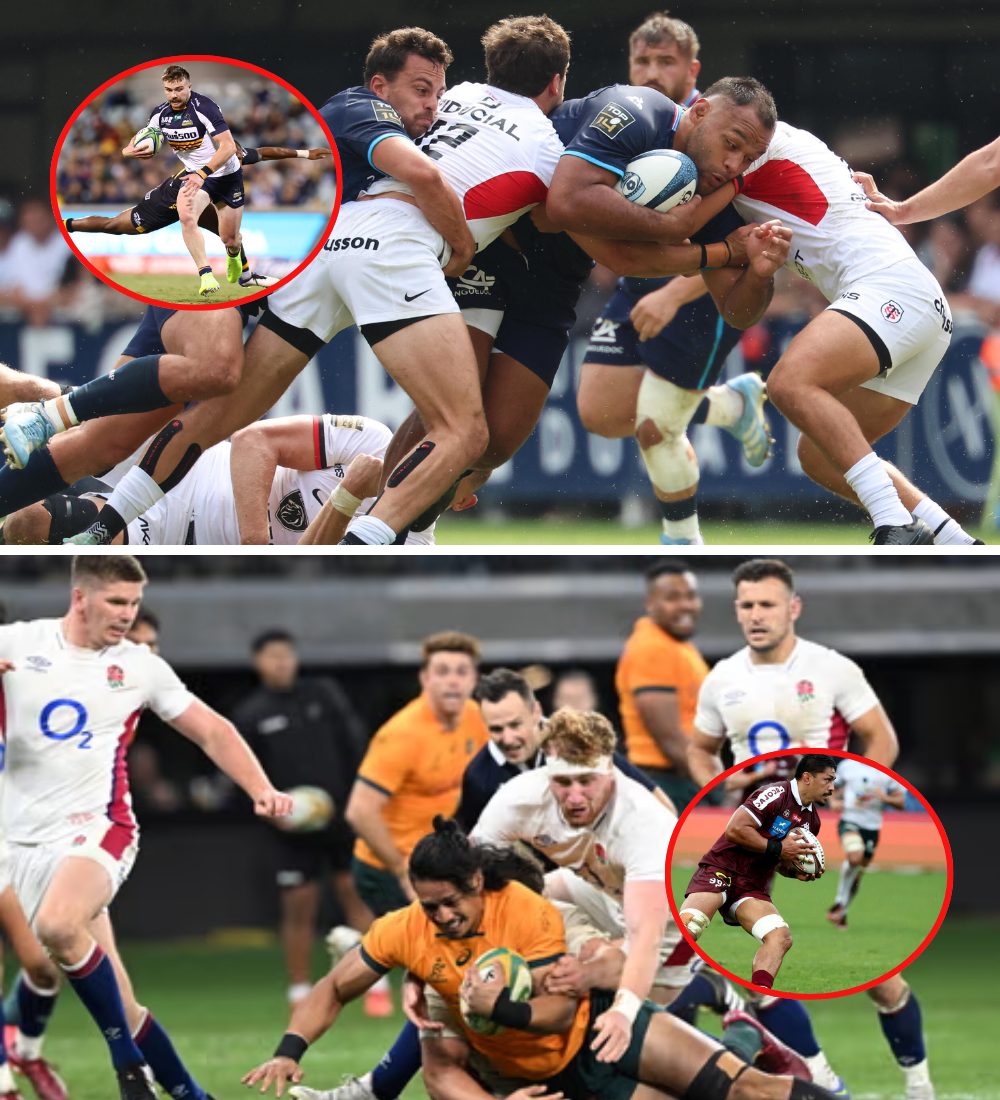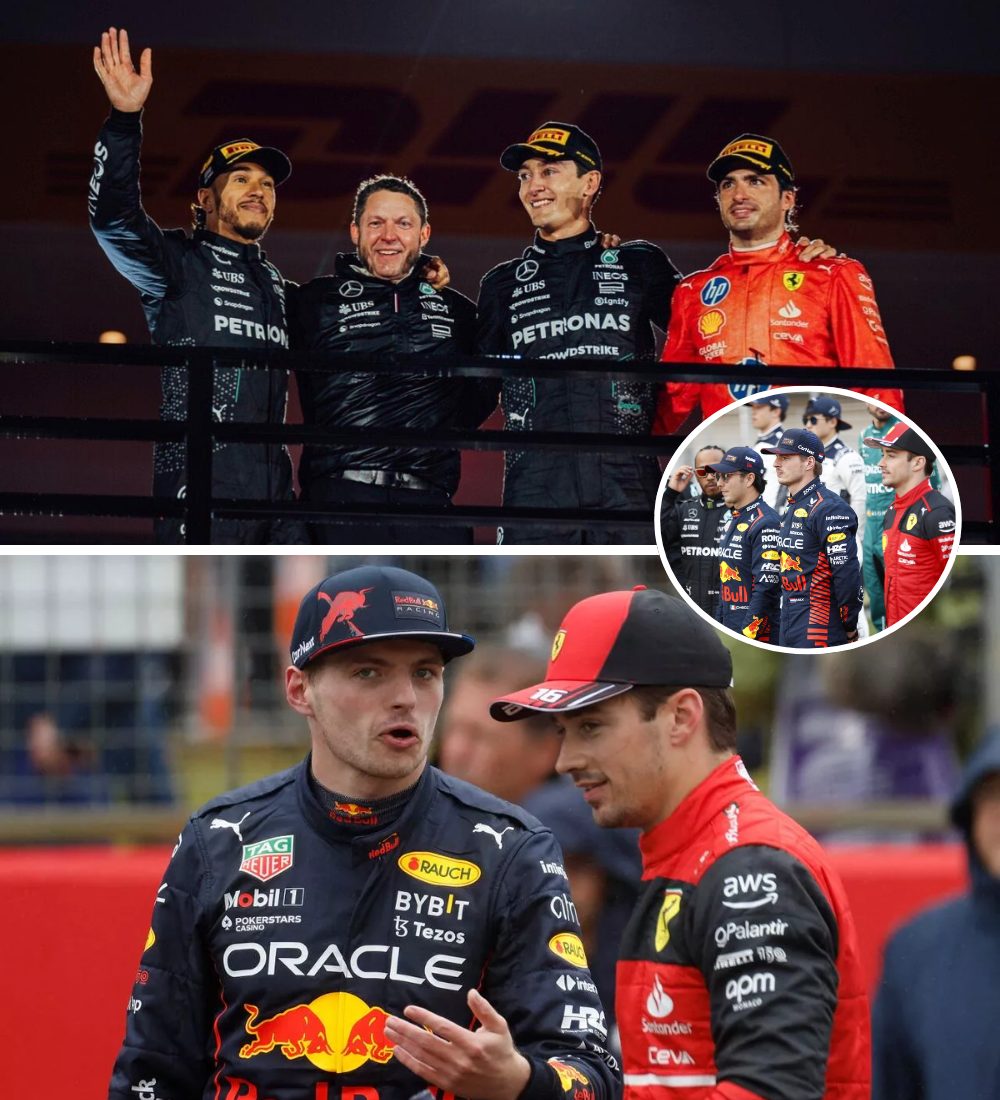This week we will mostly be concerning ourselves with Scott Robertson’s call to change eligibility rules, the Rugby Football Union (RFU) financials, and a post-November Lionswatch…
Calling Kiwis far and wide
Robertson was not going to follow his masters unquestioningly. But the anvil-weighted hints that he will be ‘presenting’ a plea to New Zealand Rugby (NZR) to let him pick overseas-based players is going to be the hottest topic in town in the close season.

There are many cogent arguments on both sides of that debate. But it’s hard to escape the notion that the issue has arisen in part because the Super Rugby competition has been a shadow of what it once was since South African teams left.
The general atmosphere around the provincial and Super Rugby competition continues to be lukewarm for much of the tournament, while the ability of players to maximise their career earnings overseas continues to improve.
NZR has already indicated it will no longer be offering ‘financial sabbaticals’ in Japan from, meaning players will now have to face that choice between pursuing security or pursuing the All Blacks dream earlier in their careers.
But it should also be noted: South Africa’s success at using their foreign-based stars has proved to be spectacular. There is a larger pool of top-quality players to draw from and a wider selection of locations for South African top-class players to play. Mr. Robertson is well within his rights to hope that his team does not suffer from ‘being a cycle or two behind’ his counterparts in that regard. A crucial decision looms in New Zealand.
Sweeney pay package should be a turning point
It’s not just that Bill Sweeney was awarded an eight per cent pay rise in a year in which 42 people lost all of their pay. It’s not just that he was given a bonus which would buy many a family a reasonable-sized house for his work during a period in which four major clubs went bust. It’s not just that he takes home a seven-figure sum when the union he is running has lost an eight-figure one over the past twelve months.

It’s all of that together and more. It’s the fact that the redundancies were ostensibly made for “rising utilities, travel and operating costs,” that the clubs harbouring ambitions of getting into the top tier continue to find the doors being slammed and locked in their face, that the community game now gets only up to 30 per cent of the investment share, when once it was 50 per cent, that the national team is suffering in part because of the unsettled behind-the-scenes comings and goings, that the union can try to defend the remuneration package after a year in which it has lost enough money to bankroll several clubs’ aspirations of moving up a division to the Premiership.
Ridiculously, the pay package was signed off even though the RFU ‘narrowly missed our revenue target’ as well as missing several other targets for inclusion in the game and recognising that the national team had a 65 per cent win rate this year. 65, we hear you say with incredulity? Yes, 65. Because apparently the Tests against New Zealand in July don’t count. Of course.

There are aspects of the game in England that do seem to be on track. The Premiership is serving up some exceptional fare. The U20 team is world champion. But for the administrative figurehead of a sport to become the best-paid such in a time when the game continues to live on the financial edge and the union has just made a record loss is a terrible look.
Mr. Sweeney agreed this compensation package three years ago – with a voluntary pay cut taken during Covid as a part of it. To be clear, a really laudable pay cut in tough times involves not getting it paid back later. The last time the union made a record loss, in 2018, the then CEO was out of the door. It is quite possible that Mr. Sweeney, having now fulfilled the Del Boy dream, may do similar; at 67 and with the retirement fund suitably swollen, he may decide that fighting all the fires currently burning at HQ door are not as worth fighting as they used to be. And who would blame him?

But there needs to be some form of restraint now. Some form of package which ensures the game has developed as a result of what it is the RFU is supposed to do. Otherwise, the RFU will simply continue writing cheques until the money runs out; private equity investments do not last forever.
Lionswatch
Here we go then: based only on November internationals form (and excluding injured players), here’s an XV of players who did their prospects of taking on Australia next July no harm at all, in what looks now likely to be a far more competitive series next year than it did a month ago…
Proposed Lions XV: 15 Blair Kinghorn, 14 Tom Rogers, 13 Huw Jones, 12 Sione Tuipulotu, 11 Duhan van der Merwe, 10 Marcus Smith, 9 Jamison Gibson-Park, 8 Caelan Doris, 7 Jac Morgan, 6 Chandler Cunningham-South, 5 Maro Itoje, 4 Joe McCarthy, 3 Zander Fagerson, 2 Ronan Kelleher, 1 Andrew Porter





